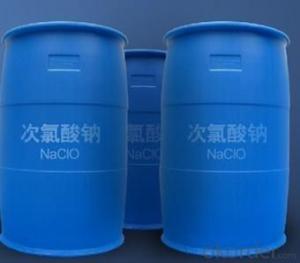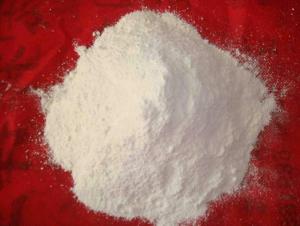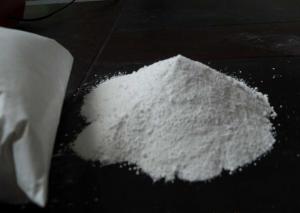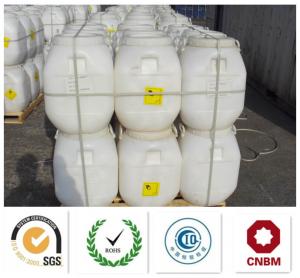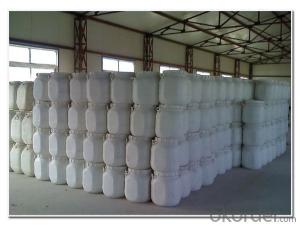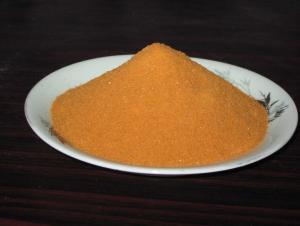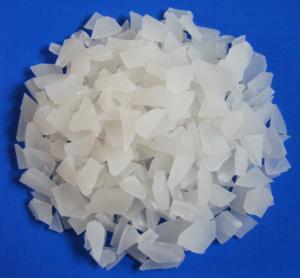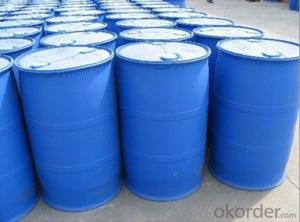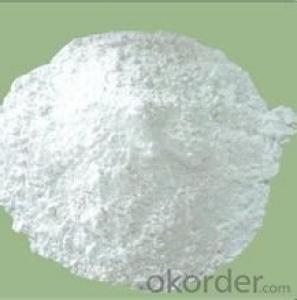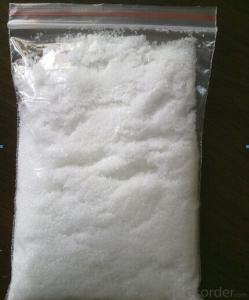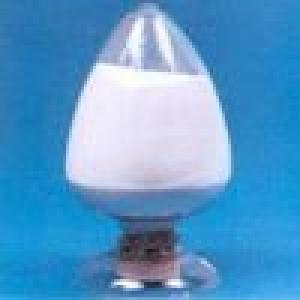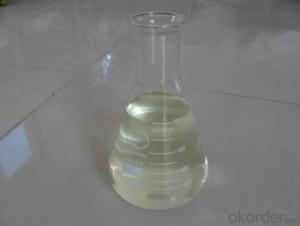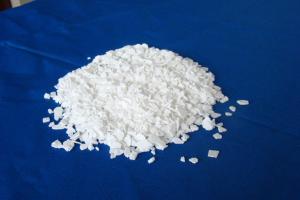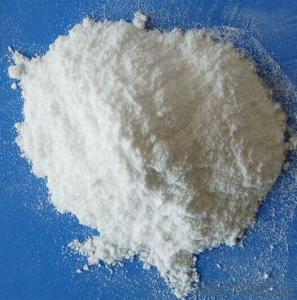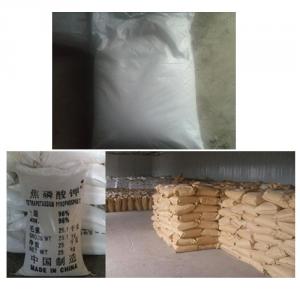Sodium hypochlorite(Cas no:7681-52-9)
- Loading Port:
- Shanghai
- Payment Terms:
- TT OR LC
- Min Order Qty:
- -
- Supply Capability:
- 10000MT m.t./month
OKorder Service Pledge
Quality Product, Order Online Tracking, Timely Delivery
OKorder Financial Service
Credit Rating, Credit Services, Credit Purchasing
You Might Also Like
Sodium Hypochlorite | ||||||||||||||||||||||||||||||||||||||||||||||||||||||||||
| ||||||||||||||||||||||||||||||||||||||||||||||||||||||||||
[Use]:Widely used in paper, fabric bleach, water purification and synthesis of organic chloride agent, pharmaceuticals, pesticides, dyes and so on.
[Packing]:Plastic barrel or user-owned tanker
- Q: What is the inorganic salt
- Inorganic salts are inorganic compounds in the salt, formerly known as minerals, the body has been found in more than 20 species, including constant elements of calcium, phosphorus, potassium, sulfur, sodium, chlorine, magnesium, trace elements are iron, zinc, , Chrome, cobalt, iodine, etc. If you pay attention to diet diversification, eat less animal fat, eat brown rice, corn and other coarse grains, do not eat too much refined flour, the body can make the inorganic salt to maintain normal level.
- Q: What is inorganic salt
- Inorganic salts are mineral nutrients that are present in the body and in food, and are composed of organic matter and inorganic matter. The body has been found to have more than 20 kinds of essential inorganic salts, about 4 to 5% of body weight. (> 5g) is calcium, phosphorus, potassium, sodium, chlorine, magnesium, sulfur seven kinds of daily dietary requirements are more than 100mg, known as constant elements. In addition, the contents of iron, iodine, copper, zinc, manganese, cobalt, molybdenum, and selenium were studied by means of atomic absorption spectroscopy, neutron activation and plasma emission spectroscopy. , Chromium, nickel, silicon, fluorine, vanadium and other elements is also essential to the human body, daily dietary requirements for the amount of μg ~ mg called trace elements.
- Q: What is the most important inorganic salt in plant growth?
- The inorganic salts required by plants are nitrogen, phosphorus and potassium containing inorganic salts, and if any lack of plants will affect the normal growth of plants, nitrogen is a component of many important organic compounds in the body, such as protein, nucleic acid, chlorophyll , Enzymes, vitamins, alkaloids and some hormones contain nitrogen. Nitrogen is also the basis of genetic material in all organisms, the most important protein, it is often in the center of metabolic activity.Now is to limit the growth of plants and the formation of the primary Factor. It also has a significant effect on improving the quality of the product.K2 is dissolved in the plant juice, and its main function is related to the metabolism of the plant.The content of phosphorus in the plant is second only to nitrogen and potassium, Phosphorus plays an important role in plant nutrition. Almost all important organic compounds in plants contain phosphorus. Phosphorus is involved in photosynthesis, respiration, energy storage and delivery, cell division, cell enlargement and other processes in plants.
- Q: How too much to eat too much inorganic salt
- Eat more inorganic salt, human body cells will be dehydrated, you will feel thirsty; if too much will be serious consequences, as if no one has done, after all, very difficult to eat.
- Q: What foods contain zinc-containing inorganic salts
- No. 4: Chibi (11.58 / 34g / 100g)
- Q: Are the inorganic salts mineral and they are soluble in water?
- Generally speaking, inorganic salts, including minerals, inorganic salts are not minerals. Some inorganic salts can be soluble in water and some can not, the vast majority of minerals do not dissolve in water, otherwise the rain on the rocks are not dissolved Is it gone?
- Q: salt is organic or inorganic?
- Inorganic -- does not contain carbon.
- Q: What does salt form when it dissolves?
- Most inorganic salts are ionic in nature and therefore it will dissociate in ions. For example Copper sulphate will dissociate in Cu+2 and SO4 -2 ions. If the dissociation energy of the salt is too high, it will remain partially or completely as salt in the solution. large number of organic salts do not dissociate completely and the solution will contain Ions and salt - both.
- Q: A. food gathering and digestion B. photosynthesis and diatom structures C. reproduction and osmosis D. wave and current motions
- its not a so try b or c those 2 are the most likely to be the right answers
- Q: The power of the water and inorganic salts in the plant is derived from the action of the plant
- The main process is: soil moisture → root hair → root catheter → stem catheter → leaf catheter → stomata → atmosphere.
Send your message to us
Sodium hypochlorite(Cas no:7681-52-9)
- Loading Port:
- Shanghai
- Payment Terms:
- TT OR LC
- Min Order Qty:
- -
- Supply Capability:
- 10000MT m.t./month
OKorder Service Pledge
Quality Product, Order Online Tracking, Timely Delivery
OKorder Financial Service
Credit Rating, Credit Services, Credit Purchasing
Similar products
Hot products
Hot Searches
Related keywords
